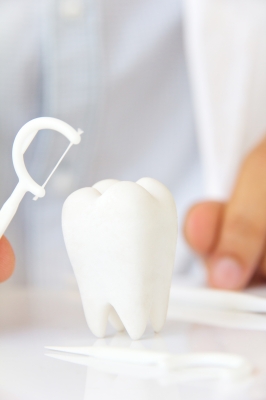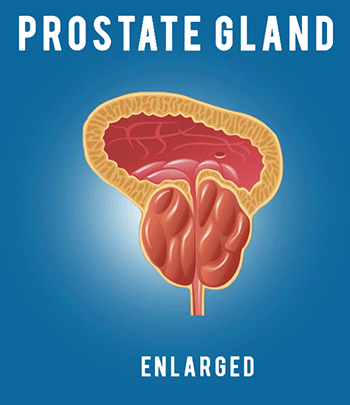Can Flossing Prevent Gum Disease?
Can Flossing Prevent Gum Disease?

Image courtesy of ponsulak at FreeDigitalPhotos.net
Good oral hygiene is essential to keep our teeth and gingiva healthy. Dental experts warn us that bacteria that are spread by plaque can affect not only the teeth and gums but also our heart health. Some go deeper than that claiming that microorganisms from our mouths can cause even breast cancer in women. We all know what good dental hygiene is – teeth brushing at least twice a day and regular, everyday flossing. However, many of us do not question the role of flossing in our dental hygiene. We are told that flossing has to clean debris that have been accumulated between the teeth because toothbrush cannot reach these tiny areas. Recently, a new study has shown that flossing does not have any significant effect on our dental health. Namely, new scientific evidence points out that flossing does not only prevent our teeth from cavity and gum disease but also can damage the tissue between the teeth, causing more problem with gingiva. To learn more about the researches and their results about flossing and the belief that it can prevent gum disease, the article “May the Floss Be with You?” lists the results.
1.Flossing when done by professionals five days per week works! That means if everything goes just right, if you know what you are doing (e.g., you are a dental hygienist or a dentist), you have good visualization of the teeth from outside the mouth, you are motivated and do the job regularly, you can in fact reduce caries. This is the definition of efficacy.
2.If you don’t do it five days per week but just occasionally (even if you are good at it) there is no benefit in terms of lessening your chances of getting a cavity.
3.If you ask people (adolescents) to do it themselves, they can not achieve a good result. Why? They probably can’t technically do it right, don’t do it often enough, or some other unknown reason. This is the definition of effectiveness.
4.So the conclusion for caries prevention is that flossing has some efficacy but not good effectiveness when left to patients to be the flosser.
Even though the debate on flossing still lasts, the one thing is certain: tooth brushing is unavoidable and irreplaceable. Flossing is highly recommended for persons with wide spaces between their teeth because the large gaps can represent a serious source for spreading bacteria. For people whose teeth are placed too close, flossing is not a good solution. In their case, it can add more problems. For that reason, medical experts advise us to consult our dentists. She/he knows what our specific needs for dental hygiene are. They are aware that every person is unique and, therefore, should follow what is the most effective for them.


